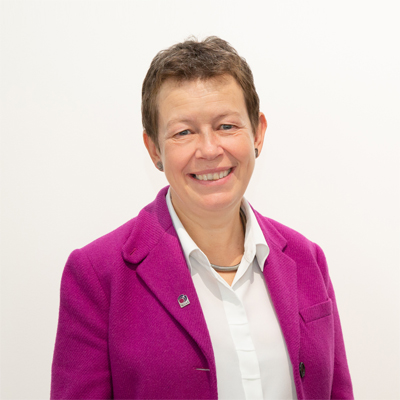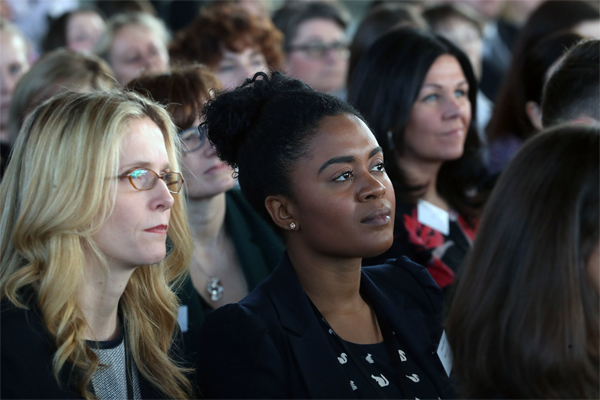In this week’s guest column, WISE CEO Helen Wollaston explores the controversial topic of using targets to increase diversity. It worked for WISE, the campaign for greater gender balance in STEM. At the end of last year, the UK achieved 1 million women working in core STEM roles – thanks to the target set by WISE. Wollaston makes the business case for why employers should consider using them.
We set out to have 1 million women working in STEM by 2020 in the UK to inspire and motivate people to take effective action to address the serious under-representation of women in the fastest growth sectors of the economy.
Employers won’t be able to fill roles, particularly the deeply technical roles where there are acute skills shortages, if they only draw from half the population. This isn’t just a numbers game. There is plenty of evidence to support a business case for diverse teams, which are proven to be more productive, more innovative and more profitable. In a tight labour market, organisations with all white, all male ageing workforce and leadership teams risk being left behind in an increasingly competitive ‘war for talent’.
DRIVING PROGRESS
So how can targets help? Evidence shows that once any minority is a third or more of a group, they no longer feel like they are the odd ones out. One million women represent 24% of the total UK STEM workforce. By setting targets for the proportion of women in their technical roles, employers can grow the UK total to 30%, the point where women working as engineers, scientists or technology professionals will be judged on their performance, not on their gender.

Image credit: Science in HD, Unsplash
Diversity targets are controversial. No one wants to feel they were appointed for their gender, race or other characteristic as a tick box exercise. We want to be appointed on merit. However, in the context of engineering and technology roles where there are very few or no women, setting a target helps to focus attention on the underlying issues and hold people to account for taking effective action. As with other critical challenges like reducing our carbon footprint, setting a target drives progress.
It is important to set the right target. Focus on the desired outcome rather than the steps along the way. If you want more women in the team, specify how many, by when, who is responsible and hold them to account for delivering a positive result.
MONITORING DATA
For example, having a target to increase applications from women or having a balanced shortlist may help, but not if bias creeps into the final selection and it is always the men who get hired. Companies who take this seriously compare the data at each stage of the process against their target to identify where women are getting filtered out and then do something about it.
It’s not just about recruitment, either. Monitoring retention, pay and promotion by gender are equally important to create real and lasting change. If women are leaving your organisation or moving sideways out of technical roles at a higher rate than men, why might this be happening? It could be that you need to address organisational culture.
HOT TOPIC
Targets are always a hot topic at WISE Knowledge Sharing Events. Some of our corporate members link diversity and inclusion targets to bonuses. Some explicitly look at an individual’s track record of hiring and promoting people from diverse backgrounds when they hire for management and leadership roles. We share hints and tips to help people navigate their way through difficult conversations as well as practical tools and real-life case studies.
In an ideal world, being a woman in science, tech and engineering, shouldn’t be relevant to recruitment, pay or promotion. A cursory look at the data shows that in the real world, this is far from the case – certainly in the UK. Until we get closer to gender balance, we need targets because targets drive change. And if we don’t make faster progress, the country will lose out to economies in other parts of the world where women are much better represented in these sectors.

AUTHOR BIOGRAPHY
Helen Wollaston took up the role of Chief Executive of WISE in 2012. She is an energetic, inspirational advocate for social change, with a track record of transformational leadership across public, business and not-for-profit sectors. She founded her own consultancy company, Equal to the Occasion, after seven years as Director of Campaigns for the Equal Opportunities Commission and previously ran the Yorkshire region for the National Lottery Charities Board. An alumni of the Goldman Sachs’ 10k small business programme, she now supports enterprise as a member of the Advisory Board for the Management Division of Leeds University Business School.







































